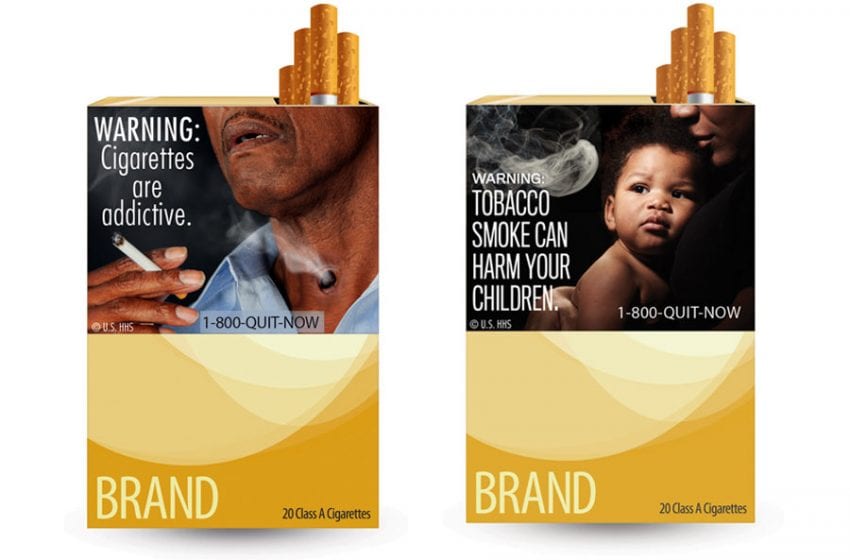Warnings of little concern

Cigarette manufacturers in South Korea have said they are not ‘not too worried’ about the possibility that the government will increase the size of graphic health warnings on cigarettes, according to a story in The Korea Times.
South Korea is due to change the graphic images on cigarette packs on December 23.
According to a Yonhap News Agency story from last week, a committee, comprising eight civilian experts and four government officials, met in South Korea on January 4 to consider ideas for new graphic health warnings on cigarette packs, and discussed also whether ‘stronger pictorial warnings’ should be imposed on heat-not-burn products.
In 2016, tobacco companies were required to include graphic warnings covering 30 percent of the upper part of both of the main faces of cigarette packs.
Under the requirement, the 10 graphic images used must be changed every 24 months as part of efforts to maintain their effectiveness, the Ministry of Health and Welfare says.
“When the government introduced the graphic health warning policy a couple of years ago, we were concerned it would reduce demand for cigarettes,” Kwak Sang-hee, a senior PR official at British American Tobacco (BAT) North Asia said in a statement reported by the Times. “But the policy turned out to have little impact on our sales. I think this time it won’t be much different.
“But we do not know for sure at this point. It may affect the demand, depending on how big the warnings will be and how they will look.”
A PR official at KT&G, the largest tobacco maker in South Korea, said the company didn’t expect a big drop in sales, citing examples in which similar policies in other countries had barely affected demand for cigarettes.
A recent survey by the Korea Health Promotion Institute suggests three-quarters of people think the graphic warnings should be larger than they are at present.
But some experts say the effects of graphic warnings are limited; and they think the government should use its tax policy if it is serious about reducing smoking rates.
But policymakers know tax policies carry political risks.